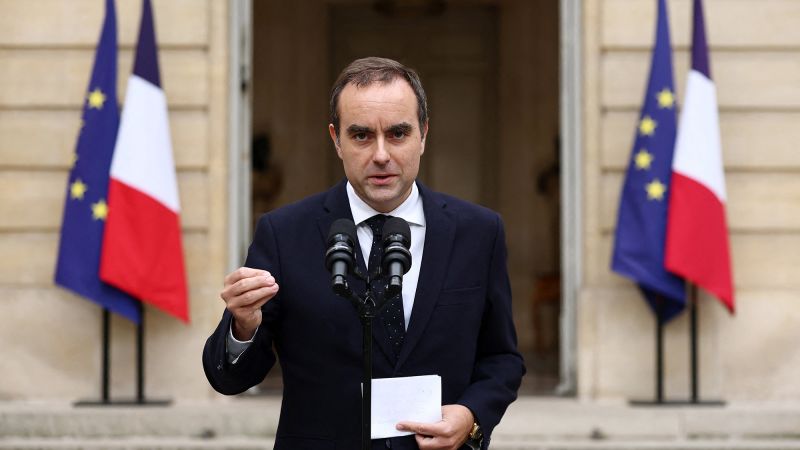French Prime Minister Sébastien Lecornu has resigned after less than a month in office, marking one of the shortest premierships in recent French history. Lecornu stepped down on October 6, 2025, just 26 days after his appointment by President Emmanuel Macron. His resignation came amid escalating political divisions and an inability to build a stable government coalition in the fragmented National Assembly.
Background and Appointment
Sébastien Lecornu was appointed prime minister on September 10, 2025, following the resignation of his predecessor François Bayrou. President Macron’s decision to replace Bayrou with Lecornu aimed to restore political stability after a string of short-lived governments. Lecornu was seen as a moderate centrist and a loyal Macron ally, with prior experience as a minister in various portfolios.
Reasons for Resignation
Lecornu cited growing political polarization and unwillingness among parties to compromise as the primary reasons for his resignation. In a public statement, he condemned the “partisan appetites” that dominate the National Assembly, where no party holds a clear majority following the snap parliamentary elections held months earlier. Lecornu said he was ready to compromise but found that political factions demanded full acceptance of their own programs from others, making governance impossible.
He described himself as “the weakest prime minister of the Fifth Republic,” acknowledging the immense difficulties of forging consensus during his brief tenure. Lecornu pointed out that humility and cooperative spirit were missing among political groups, which led to legislative gridlock, especially regarding the government budget and reforms.
Political Context and Challenges
Lecornu’s cabinet, announced hours before his resignation, largely duplicated the previous administration under Bayrou, which faced harsh criticism from opposition parties. The National Assembly remains highly fragmented, with major parties from the left and right opposing Macron’s centrist agenda. The far-right National Rally, led by Marine Le Pen, demanded early elections and questioned Macron’s legitimacy amid rising political instability.
The fragmented parliamentary landscape has resulted in a revolving door of prime ministers — Lecornu being the fifth in less than two years. This instability reflects deep divisions on key issues like austerity, social reforms, and party power struggles, severely affecting the government’s ability to pass legislation.
Impact and Future Outlook
Lecornu’s resignation adds to political uncertainty in France at a critical economic and social juncture. It sent financial markets into a downturn, with investors worried about prolonged instability. Opposition parties intensified calls for President Macron’s resignation or dissolution of parliament, but Macron remains committed to completing his term until 2027.
The resignation raises significant questions about how the French government will address the ongoing impasse and whether new elections or major political reforms will be necessary to restore effective governance. Lecornu’s short premiership will be remembered as a clear symptom of the broader political crisis affecting the Fifth Republic.
Sébastien Lecornu’s brief premiership encapsulates the current instability and challenges facing French politics, highlighting the urgent need for political consensus or structural change to prevent further crises.

